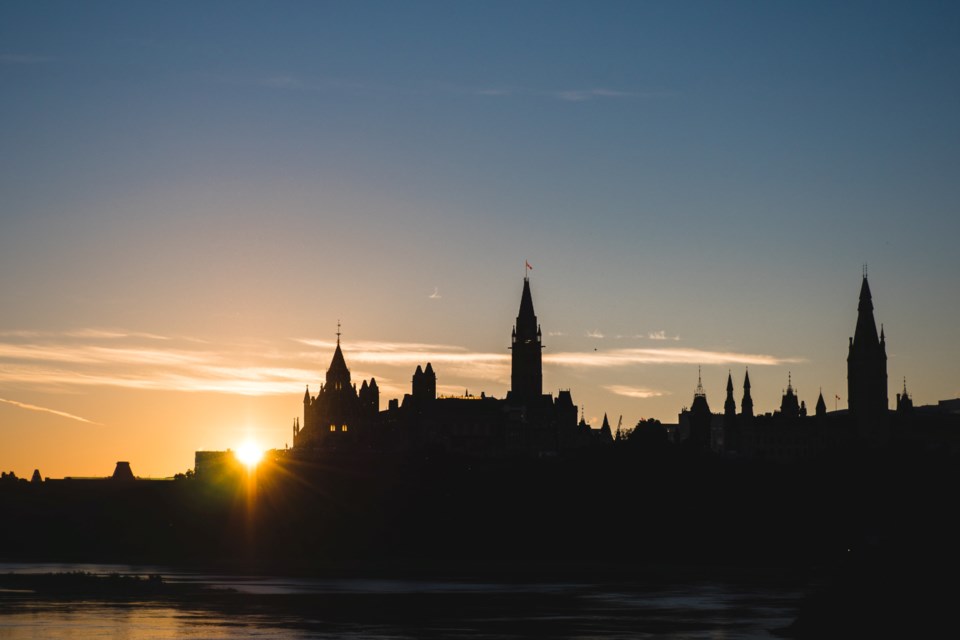After an election, the senior campaigners’ first priority is usually physical and mental recovery. Short trips to pleasant destinations are often involved. Letters will be handwritten to and from people who asked others and were asked by others to do difficult things. Promises of lifelong loyalties will be implied.
But eventually, everyone recovers from the stresses of political warfare and gets back to business.
For the winning team of full-time politicians, party pollsters and part-time advisors, this means it’s time to have the meeting. The "What did they mean by that?" meeting. The "What do we do now?" meeting.
As I recall, there was hardly any reason for it in the elections of 1984 and 1988. In both cases, the voters wrote the minutes on election day. In 1984, the minutes read Goods and Services Tax, and in ’88, a free-trade agreement with the United States.
This clarity isn’t present after all elections. Quite often, it is difficult for a winner to safely extract their mandate from results.
Two conditions, either one on its own, make it particularly challenging.
- The election of a minority government.
- An election with no issue.
In 1979 Canada’s 16th Prime Minister called the meeting after winning a minority government with 15 seats to spare, listened to the cautionary advice from all sides of the table and decided he could operate as if he had a majority despite being behind in the popular vote by 400,000 Canadians. He was voted out of office in less than a year.
Another meeting should be happening soon unless the Prime Minister decides the mandate is clear enough and that the minutes have already been written.
It will be tempting to hold up the Liberal platform and declare it contains the details of the newish government’s mandate. In a commercial milieu, perhaps there might be a case under contract law, but voters are notorious for resenting governments that pull an agenda through a loophole and tell us what we really want and what we believe.
To divine what our electorate wants, just imagine for a moment that after the election was called, Canadians met together late at night, in secret, and decided to say no to the whole election. It is a fantasy, perhaps, but had they done so, and it is hard to imagine that they could have come much closer to maintaining the pre-election status quo than Monday’s election results.
Given that, it is probably safest for the winners to conclude that they heard Canadians say, "Play nice and don’t fight! Get along. Cooperate. We don’t trust any of you to have more power than you had."
I believe it will be politically disastrous for the government should it choose to interpret the results of our 44th general election any other way.



